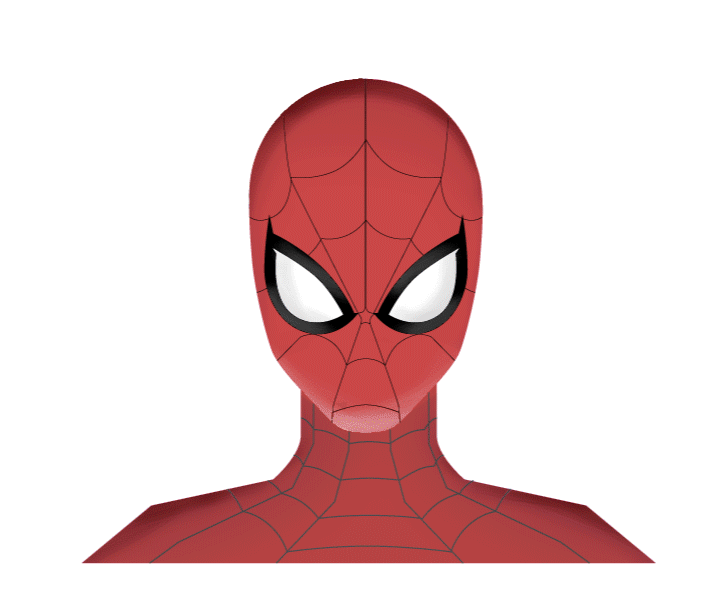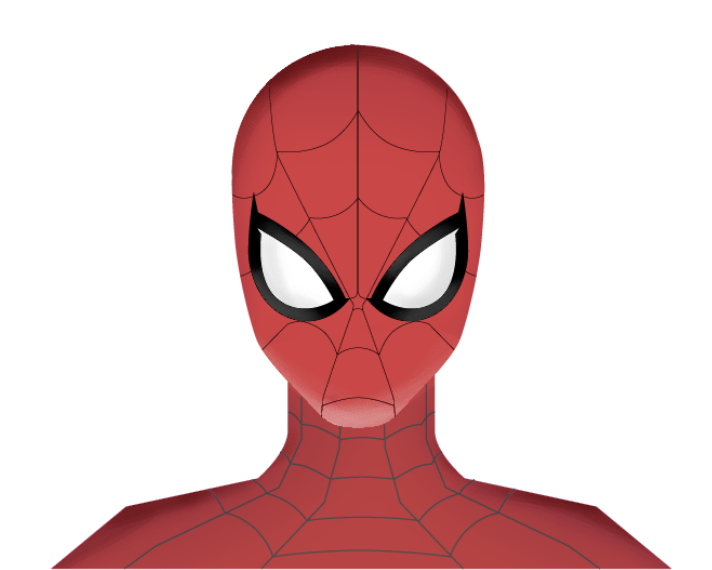

Peter Parker
Initially introduced as a high school prodigy, young Peter Parker is bitten by a radioactive spider and gains superpowers. With newfound strength, speed, endurance and the ability to crawl up walls, Peter becomes the friendly neighborhood hero known as Spider-Man.
With his spidey-sense and custom web-shooters, Peter was ready to take on baddies one quip at a time. But he soon learns that with his new powers come great responsibilities.
Co-created by Stan Lee and Steve Ditko, Spider-Man made his comic book debut in 1962 in “Amazing Fantasy” No. 15.
In many of Marvel’s universes, a version of Peter Parker is Spider-Man. This includes the many incarnations that have appeared in pop culture, which are generally based on the Peter from Earth-616. Tobey Maguire played the titular hero in a trilogy of “Spider-Man” films that kicked off in 2002. In 2012, “The Amazing Spider-Man” saw Andrew Garfield take on the role in the rebooted franchise. Since 2016, Tom Holland has played the Marvel Cinematic Universe’s incarnation of the character.
Peter Parker’s Spider-Man has also appeared in a number of animated TV shows starting with the 1967 “Spider-Man” cartoon. Nicholas Hammond played a live-action hero in “The Amazing Spider-Man” series that aired from 1977-1979.
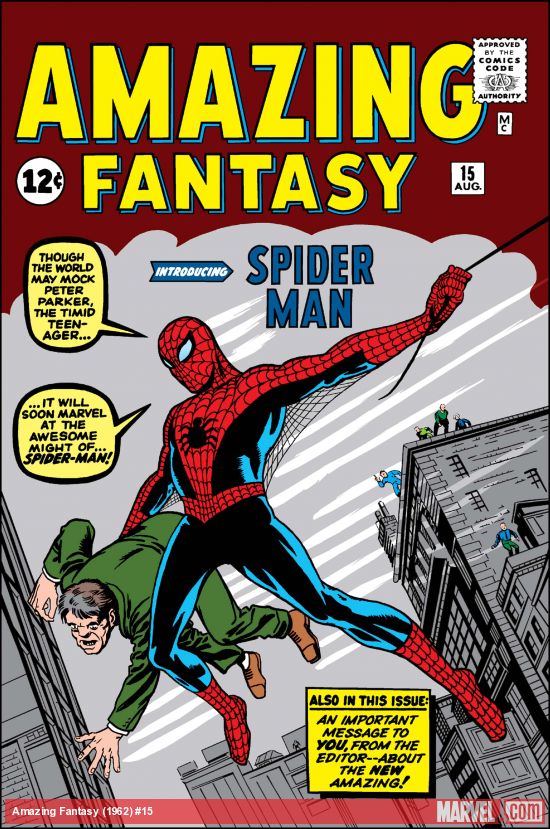
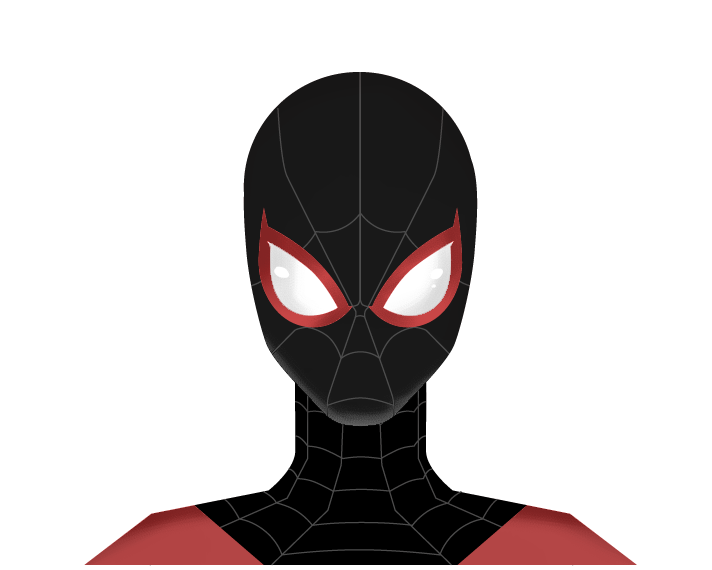
Miles Morales
In an alternate universe (Earth-1610) where Peter Parker was already fighting crime as Spider-Man, young Miles Morales was bitten by a genetically enhanced spider that was accidentally stolen by his uncle.
The teen soon develops Spidey-powers of his own including the familiar enhanced strength, speed and reflexes, plus camouflage and the ability to stun his enemies with a bioelectric charge. Miles, like so many reluctant heroes, just wants to be “normal.” But after watching Parker get killed in battle, Miles realizes the weight of responsibility that comes with his powers and becomes the new Spider-Man.
Co-created by writer Brian Michael Bendis and artist Sara Pichelli, Miles first appeared in 2011’s “Ultimate Fallout” No. 4. In addition to leading his own solo comic book titles, Miles has appeared in animated form on TV shows such as “Ultimate Spider-Man.”
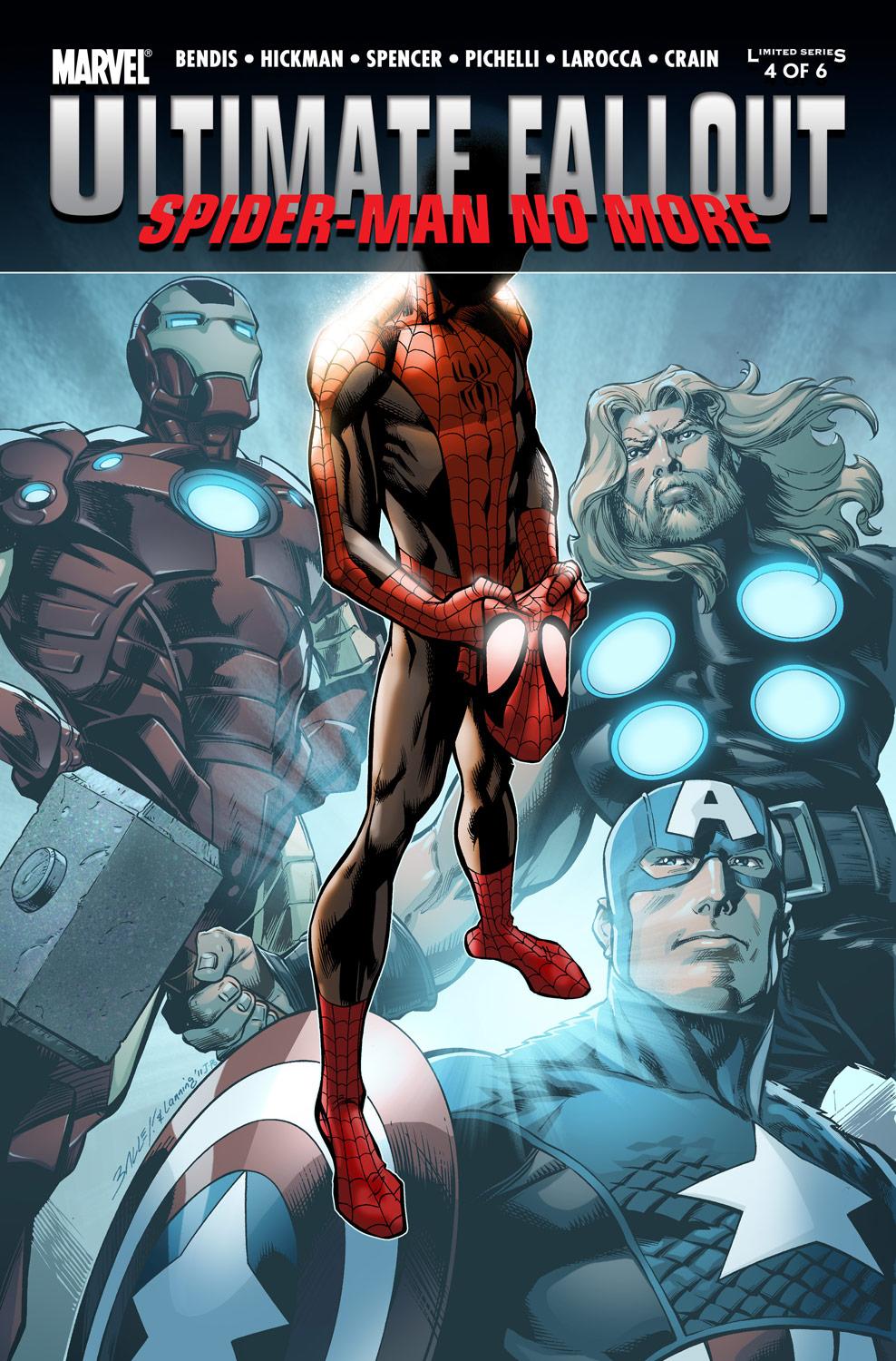
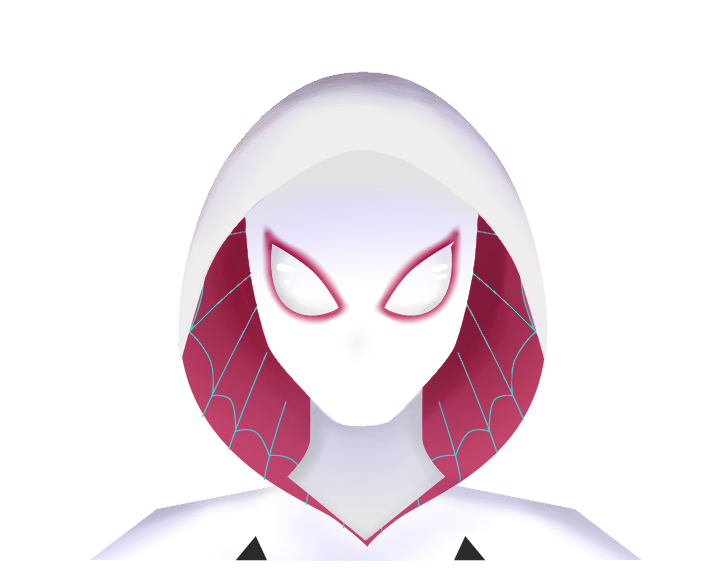
Gwen Stacy
Gwen Stacy was originally introduced to “Spider-Man” fans as Peter Parker’s friend and love interest back in the 1970s. It turns out that in one universe (Earth-65), Gwen is the teen who was bitten by the radioactive spider instead of Peter.
She uses her newfound powers to fight crime as Spider-Woman and quickly learns that life as a superhero comes with its own difficulties. Peter is killed when his experiment to gain superpowers of his own goes awry.
Spider-Gwen first appeared in 2014’s “Edge of Spider-Verse” No. 2 by writer Jason Latour and artist Robbi Rodriguez. She has appeared in animated form on shows such as “Ultimate Spider-Man” and (with the new code name Ghost-Spider) in the short “Marvel Rising: Initiation.”
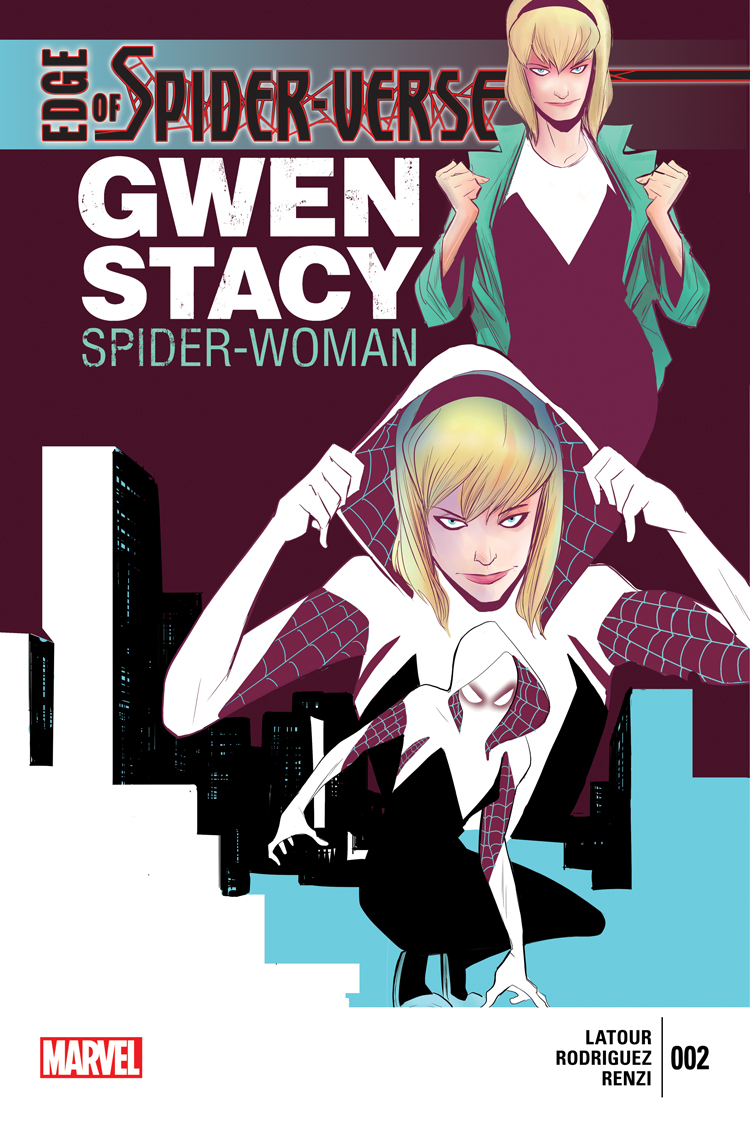
Emma Stone played the non-Spidey Gwen in “The Amazing Spider-Man” films. A civilian version of the character also appeared in the 2007 film “Spider-Man 3,” played by Bryce Dallas Howard.
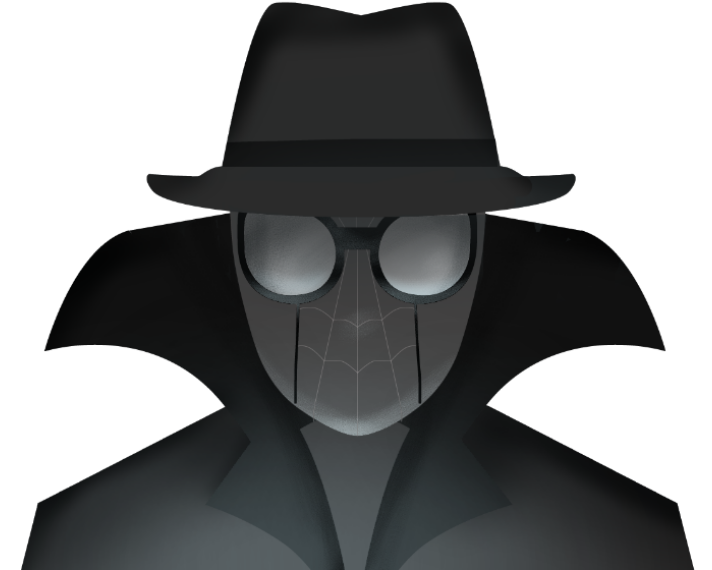
Spider-Man Noir
Spider-Man Noir is a Depression-era Peter Parker from an alternate world (Earth-90214) who gains his powers from a mystical spider bite.
A gritty, 1930s world of corrupt politicians and cops means this Peter is a bit darker than you’d expect from other versions of the friendly neighborhood hero. This Spider-Man wields firearms and is not fundamentally opposed to killing his enemies to get the job done.
Created by David Hine, Fabrice Sapolsky and Carmine Di Giandomenico, Spider-Man Noir first appeared in his own miniseries that kicked off in late 2008.
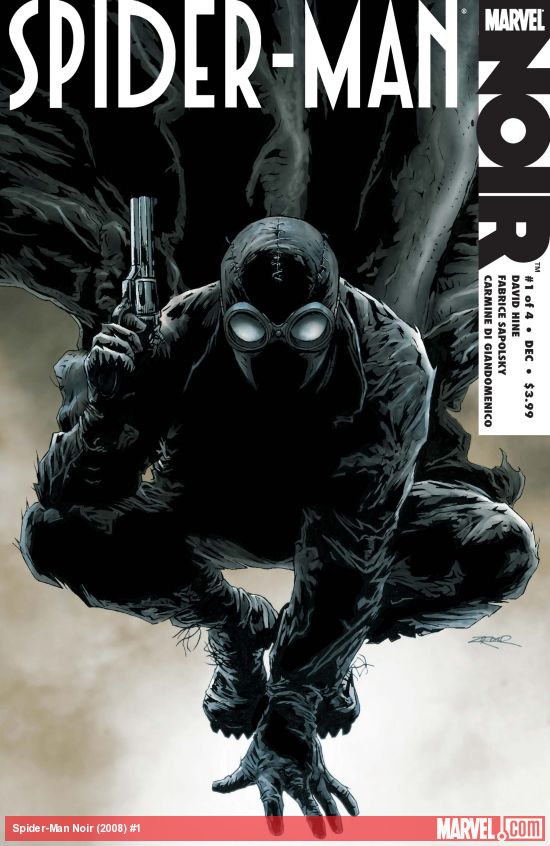
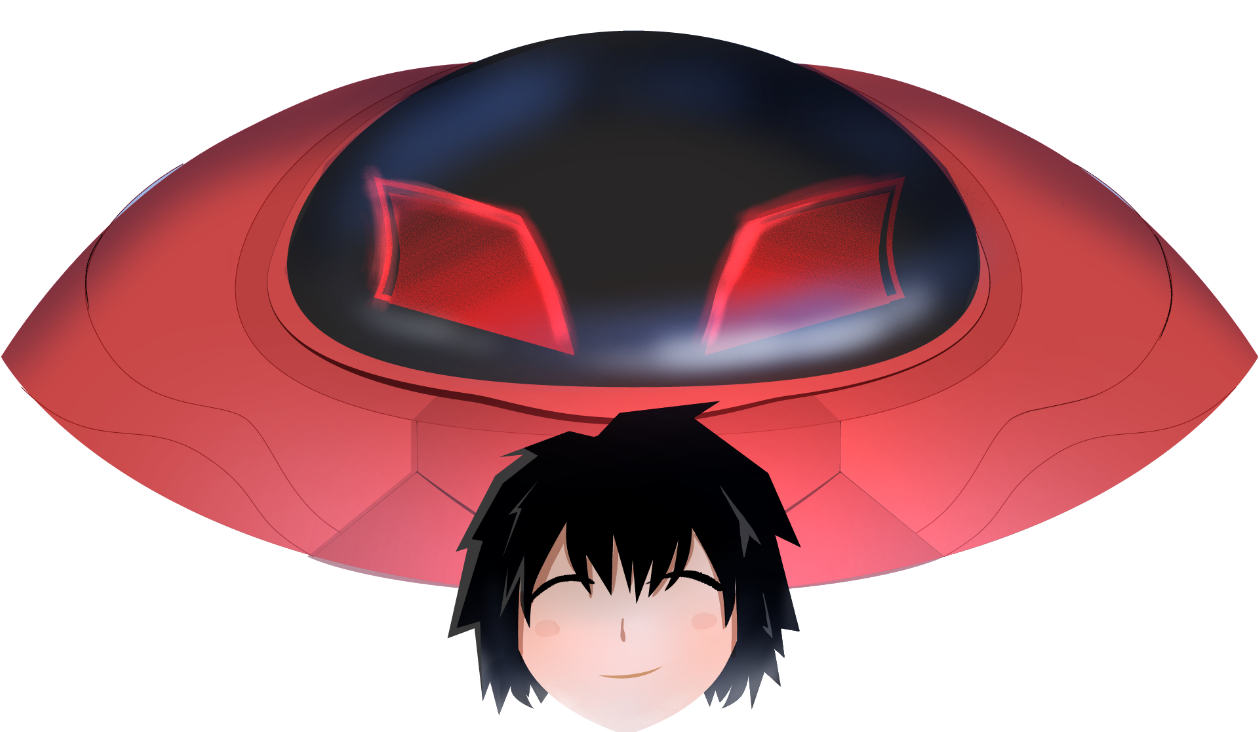
Peni Parker
In a futuristic world (Earth-14512), getting bitten by a genetically compatible radioactive spider gives Peni Parker the ability to pilot SP//dr, a mecha, or human-controlled robot, that she inherited from her father.
Other than Peni’s family’s involvement, not much is known about the organization and project behind the tech. But like many other young Spidey-heroes, Peni juggles school with fighting crime — she just does it with the help of a giant battle suit.
Peni Parker and SP//dr first appeared in 2014’s “Edge of Spider-Verse” No. 5 by writer Gerard Way and artist Jake Wyatt.
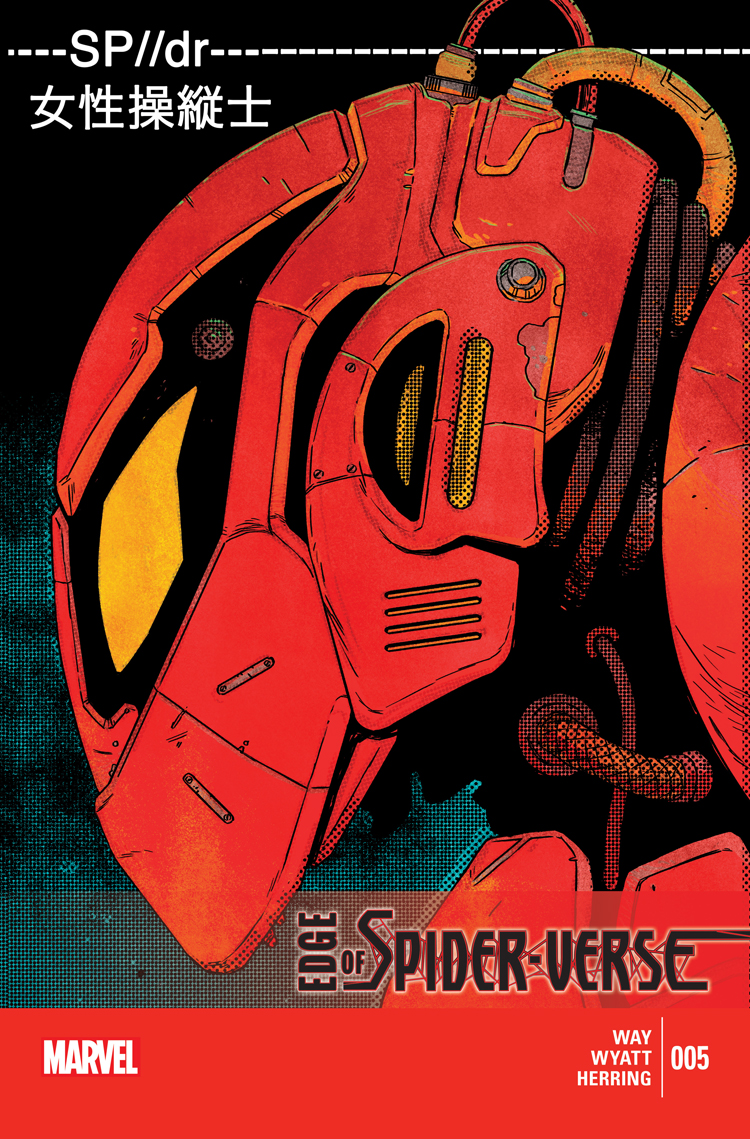
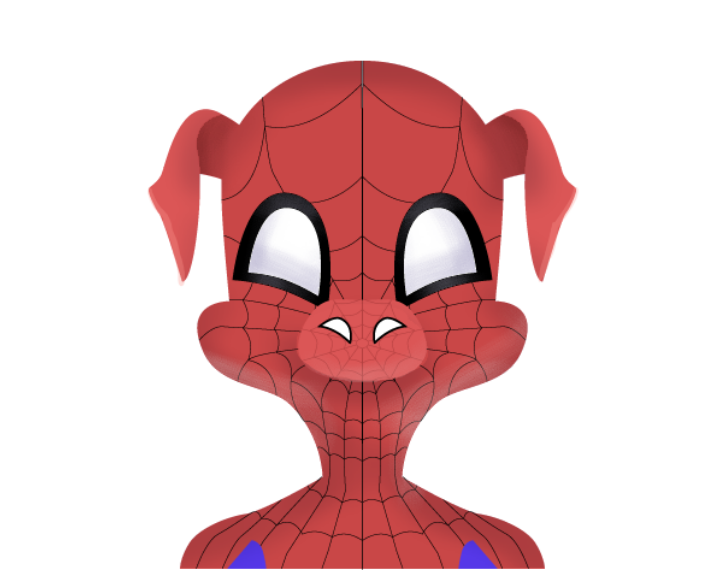
Spider-Ham
Not all Spidey-heroes are human. One day, in an alternate world (Earth-8311) populated by anthropomorphic animals, a spider named Peter was bitten by a radioactive pig (May Porker).
Peter then transformed into a pig but retained his spider-like abilities. He took on the last name Porker, and eventually became the crime fighter Spider-Ham. (Not to be confused with Spider-Pig, aka Harry Plopper, introduced in 2007 as Homer Simpson’s pet pig in “The Simpsons Movie.”)
Created by Tom DeFalco and Mark Armstrong, Spider-Ham first appeared in the 1983 one-shot “Marvel Tails Starring Peter Porker: The Spectacular Spider-Ham.”
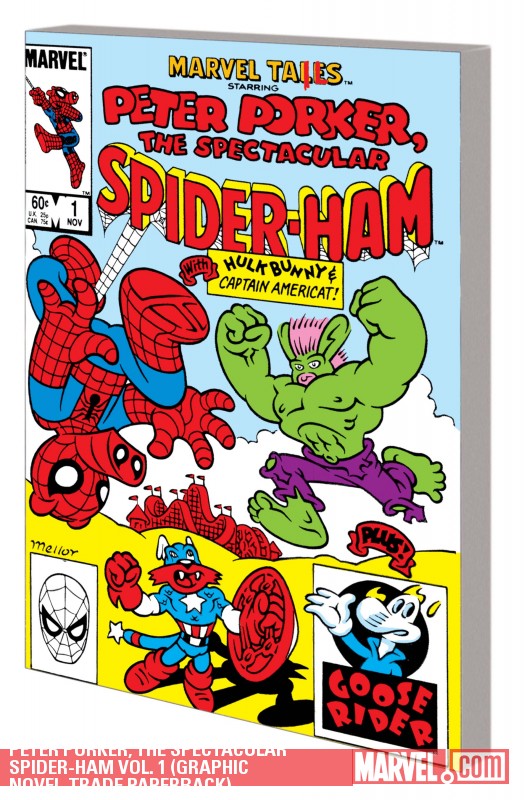

Jessica Drew
In Marvel’s main continuity (Earth-616), Jessica Drew fights as the hero Spider-Woman. Debuting in the 1970s, her background has been re-imagined a number of times, but it is generally understood that her powers are the result of experiments that introduced spider DNA to her genes as a child. So no spider bite.
Jessica has been an Avenger, a secret agent, a spy, a private investigator and, more recently, a mother.
Co-created by Archie Goodwin and Marie Severin, Spider-Woman first appeared in “Marvel Spotlight” No. 32.
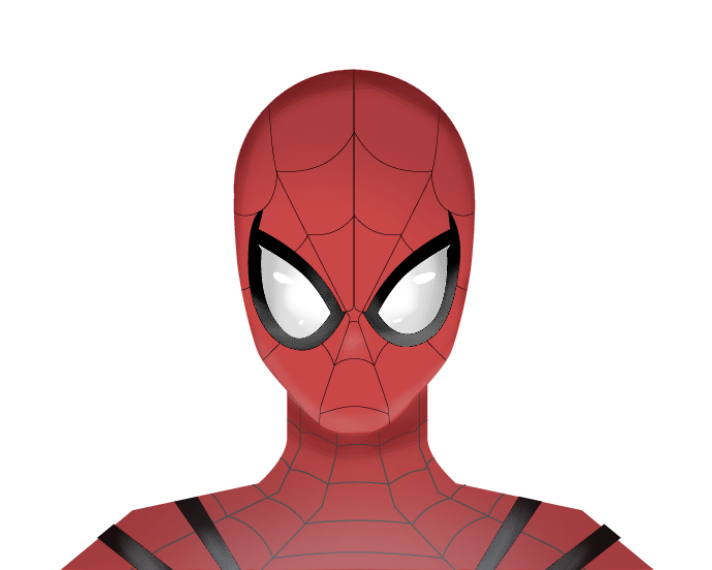
Mayday Parker
What if Peter Parker and Mary Jane had a daughter and kept her father’s web-slinging past a secret? That is, until the day the star high school athlete developed mysterious superpowers of her own.
That’s exactly what happened in an alternate future (Earth-982) where Mayday uses her inherited powers to become the second-generation Spidey-hero Spider-Girl. She even gets her parents’ blessings, eventually.
May “Mayday” Parker first appears in 1998’s “What If?” No. 105 by DeFalco and Ron Frenz.

Anya Corazon
After getting involved in a skirmish that leaves her mortally injured, Anya Corazon is saved by a sorcerer who performs a ritual that leaves her with a mystical spider tattoo and some enhanced powers.
With these powers, the Latinx teen initially operates under the code name Araña, but a series of events lead her to give up the powers and moniker. Despite being powerless, she eventually inherits a Spidey-costume and comes to be called Spider-Girl (and later regains her spider-powers).
Anya first appeared in 2004’s “Amazing Fantasy” No. 1 by Fiona Avery and artist Mark Brooks. A version of her has appeared in the animated TV series “Marvel's Spider-Man.”
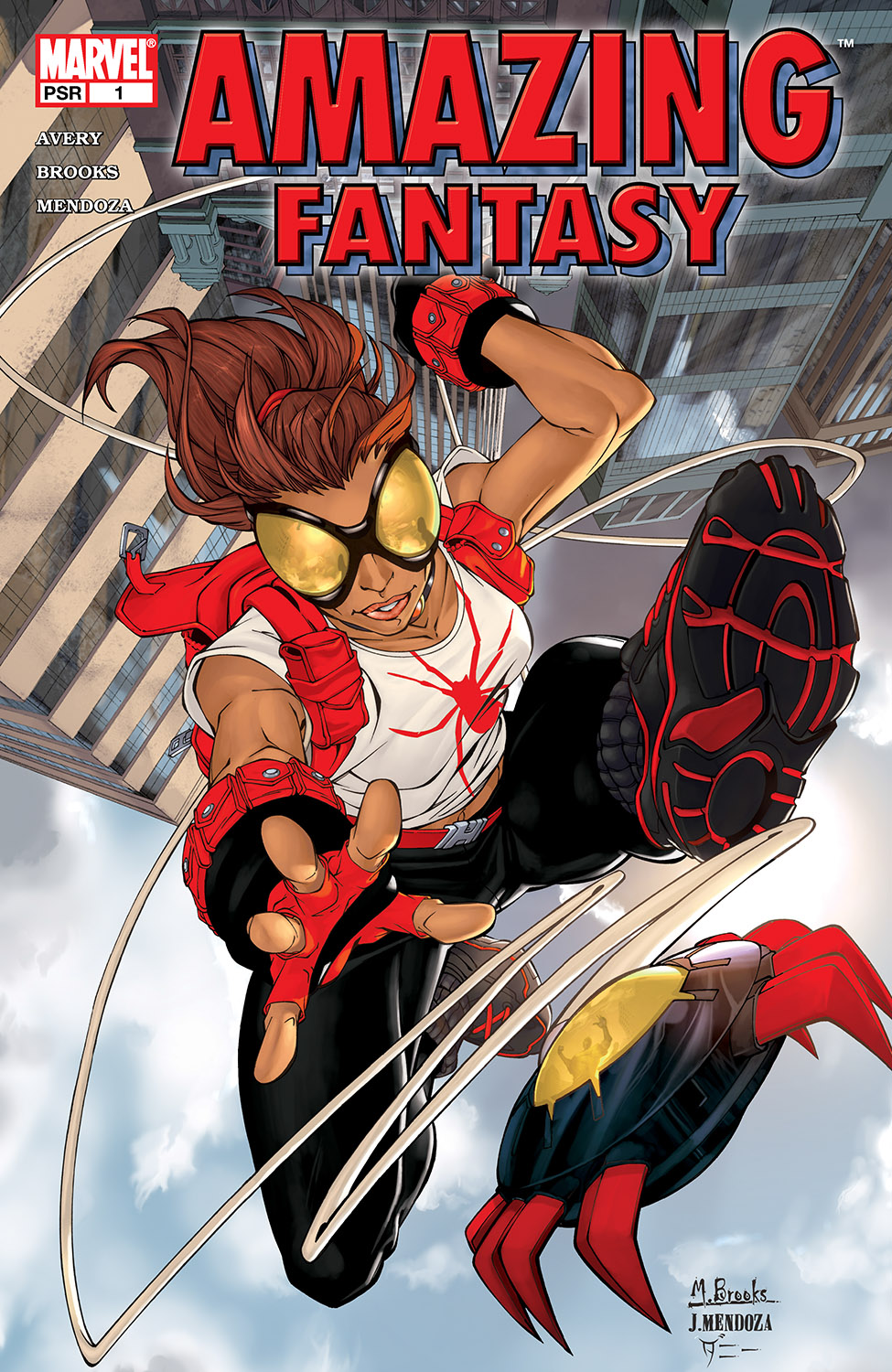
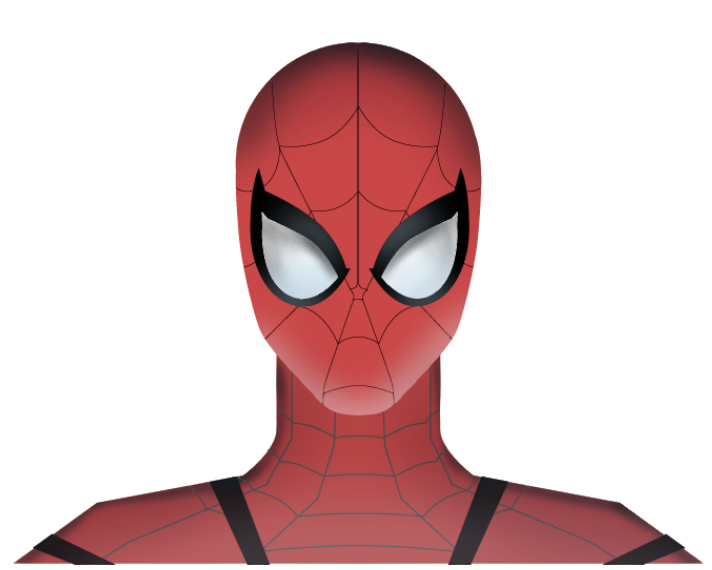
Ben Reilly
Not only are there many variations of Peter Parker across the multiverse, these many Peter Parkers sometimes have clones. One of the most well known is Ben Reilly, often known as Scarlet Spider (though for a time he also traded off using the Spider-Man name with Peter).
Created by the supervillain Jackal, the clone was originally introduced by Gerry Conway and Ross Andru in 1975’s “Amazing Spider-Man” No. 149 (although he didn’t pick up the name Ben Reilly until “The Clone Saga” event in 1990s).
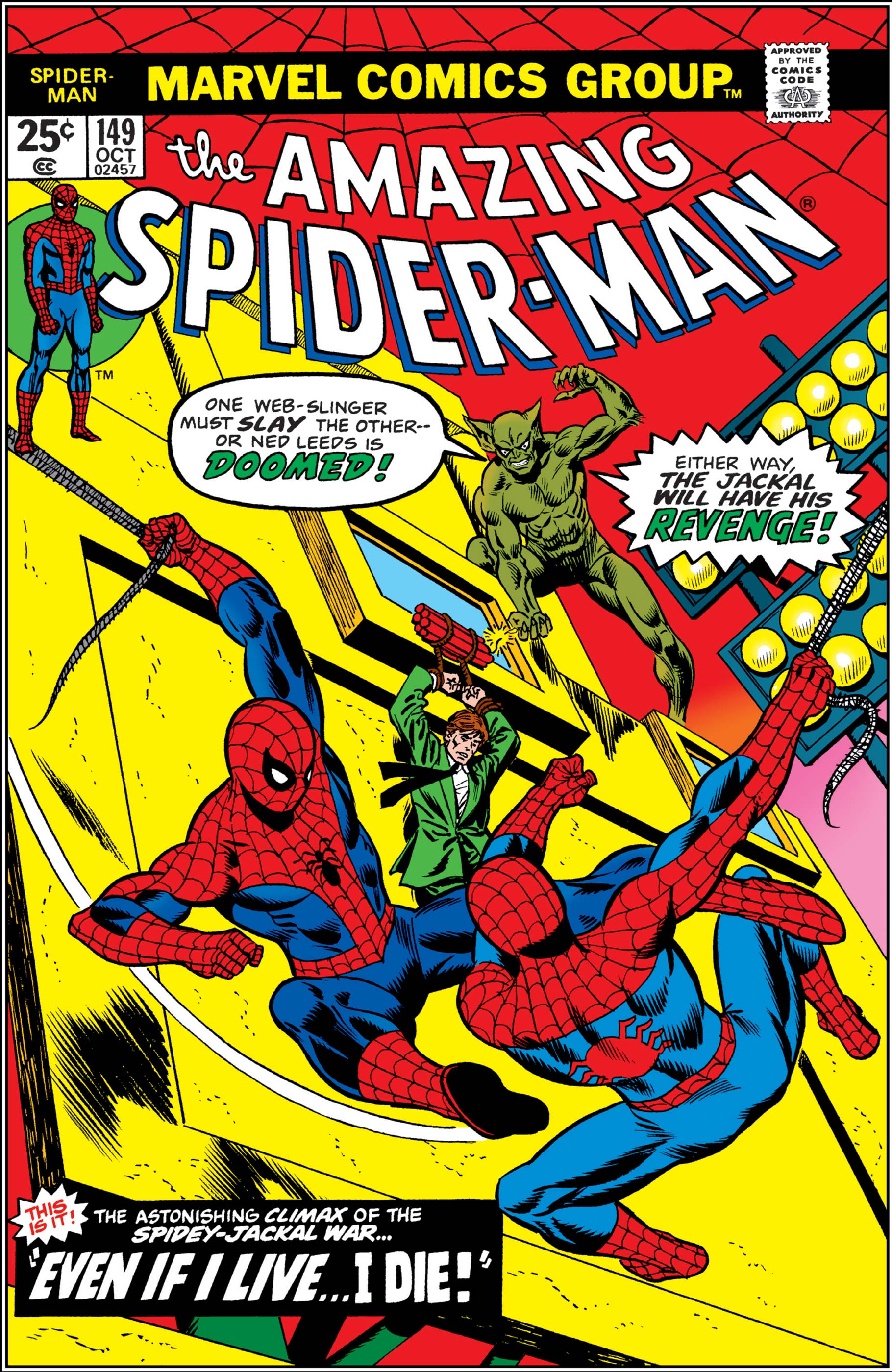
As if a clone-related storyline already wasn’t complicated, Ben has died and been revived a number of times. Recently he has reclaimed his Scarlet Spider identity and is relearning how to be a hero.
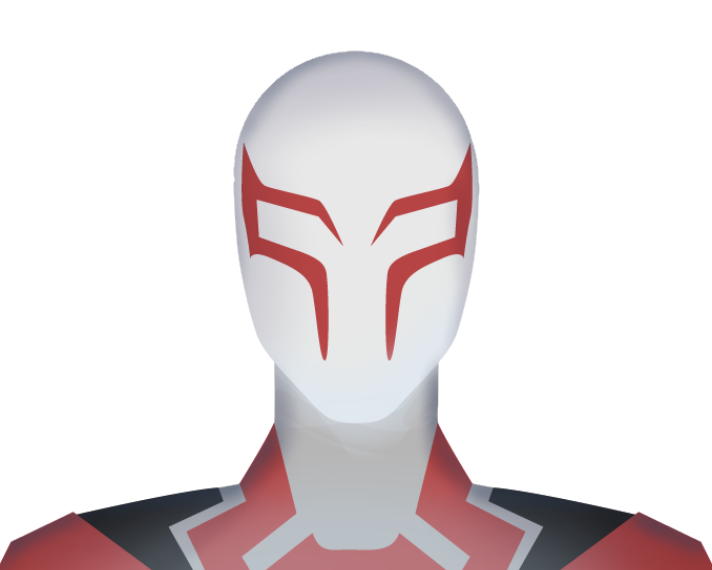
Miguel O’Hara
In a version of the future around the year 2099 (sometimes called Earth-928), Miguel O’Hara was a prodigy who eventually becomes head of a corporate genetics program researching ways to create super-powered soldiers.
After witnessing some distressing experimental methods, Miguel tries to resign from his post but attempts to stop him lead to the accidental alteration of his genetic code to include spider DNA. This causes Miguel to gain Spidey-powers.
Eventually, Miguel realizes that with corrupt corporations such as his employer, the world needs a hero like Spider-Man.
Created by Peter David and Rick Leonardi, Spider-Man 2099 debuted in 1992, first appearing in a sneak preview of “Spider-Man 2099” No. 1 in “The Amazing Spider-Man” No. 365.


Cindy Moon
A Korean American teenager with an eidetic memory and a passion for hockey, Cindy Moon was bitten by the same radioactive spider that bit Peter Parker.
After her powers started to manifest, Cindy was taken away from her family to train and was locked away for years in a bunker. In addition to the more standard Spidey-powers, Cindy has a special “silk sense” and actually shoots organically produced webbing.
Co-created by Dan Slott and Humberto Ramos, Cindy made her first full appearance in 2014’s “The Amazing Spider-Man” No. 4.
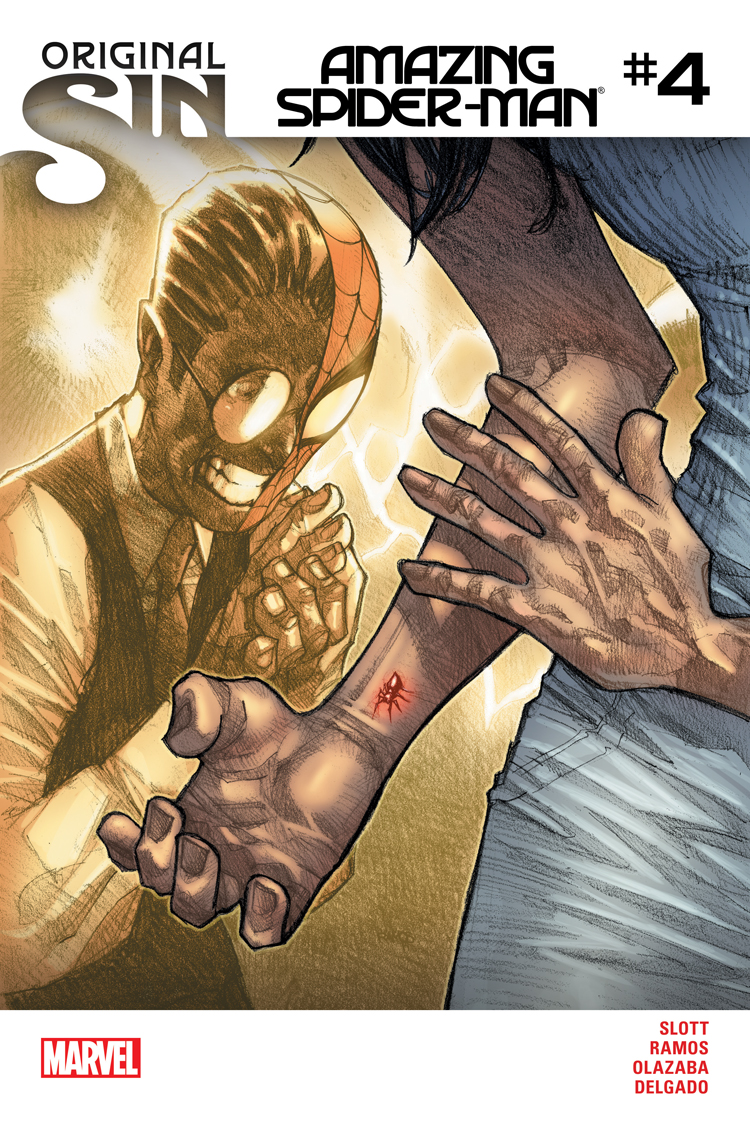
Credits: Character illustrations by Swetha Kannan. Produced by Sean Greene.
